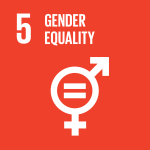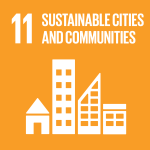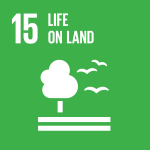
The Republic of Tajikistan is the most climate-vulnerable countries in Central Asia. Extreme rainfall events have become more frequent and intense, the rainfall season has shortened in many parts of the country, air temperatures have risen markedly, while glacial melting is accelerating. As a result, hydrometeorological disasters such as droughts, floods, mudflows and landslides are becoming more frequent and rates of soil erosion across the country are increasing. The socio-economic impacts of these changes on livelihoods, agricultural productivity, water availability and hydroelectricity production are considerable.
The nation’s vulnerability to climate change is exacerbated by a low adaptive capacity as a result of ageing infrastructure, the disproportionate number of women in poverty compared with men, and limited institutional capacity.
With relatively higher rates of labour migration among men, rural women typically bear a triple work burden: employment for income, household and care responsibilities, and growing food.
The training, opened by Project Manager Mr. Giyosiddin Nemonov on 13 December, offered an overview of gender policies and actions in the Republic of Tajikistan and the importance of gender approaches in the project’s implementation, while also explaining the effectiveness and sustainability of the project. In addition, participants were trained in methods including improving their communication with local partners and project beneficiaries, and strengthening the delivery of educational activities.
Funded by the Adaptation Fund and implemented by the Committee on Environmental Protection with the support of UNDP in Tajikistan, the project's overall goal is to address the socio-economic impacts of climate change on the livelihoods of vulnerable communities, as well as to improve agricultural productivity in the Kofirnigan River Basin.
Adopting a gender-responsive approach which seeks to improve the livelihoods of rural Tajik women, the project recognises the importance of equal rights, responsibilities, opportunities and access of women and youth in climate change adaptation. Its activities have been designed so that all genders are able to participate fully and equitably and receive comparable social and economic benefits. There is a particular emphasis on women's empowerment under its second component focused on ecosystem-based adaptation, including climate‑smart agriculture and sustainable land management in agro-ecological landscapes.
A gender analysis carried out during the project’s development identified vulnerabilities and resilience of women groups to various impacts of climate change in the Kofarnihon River Basin, with special consideration of land resource use, natural disaster risk management, water resources management, pasture and forest resources use. The analysis provides an ongoing point of reference for the project, especially in monitoring and evaluation.
For more details about the project, click here.






